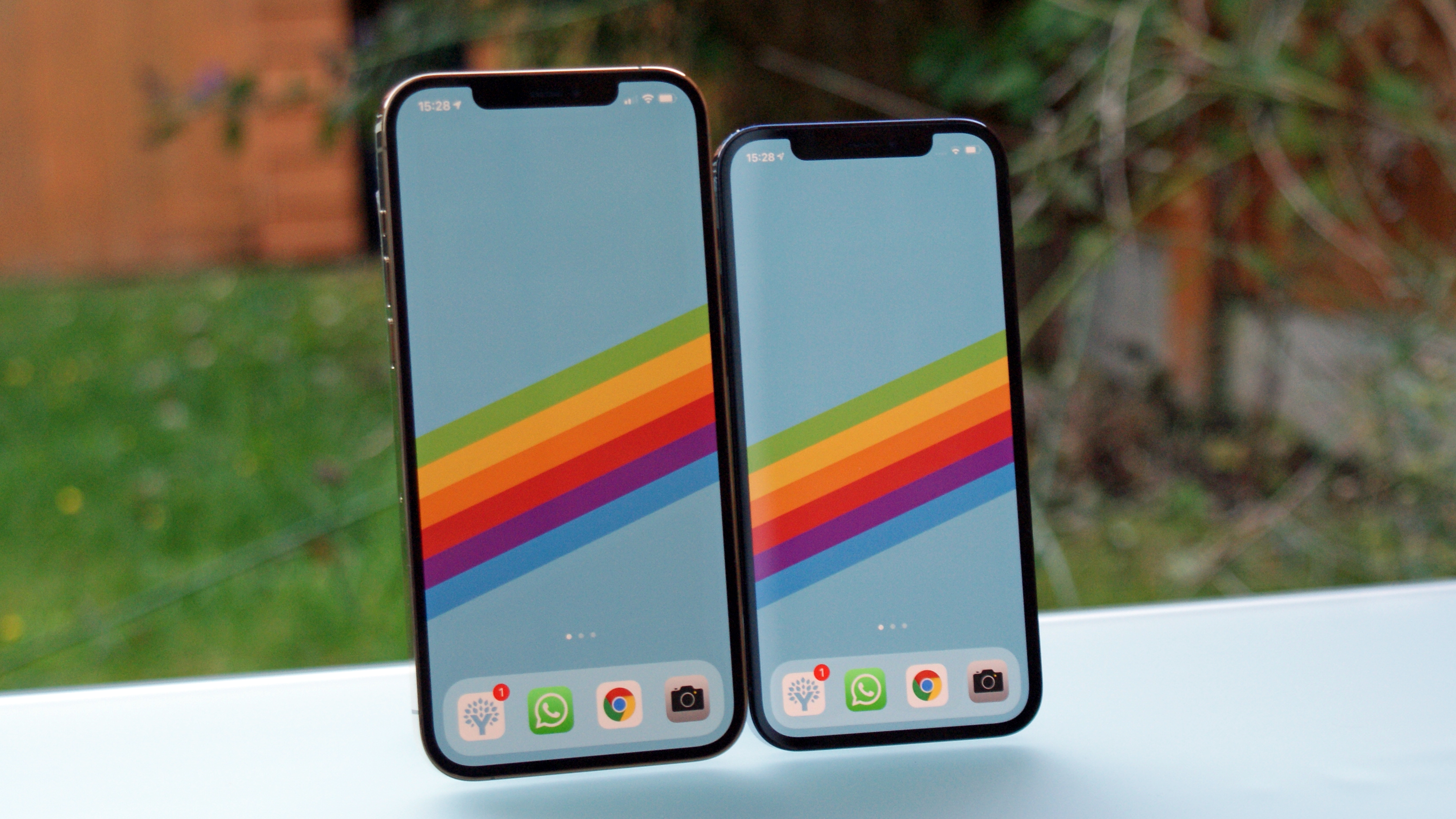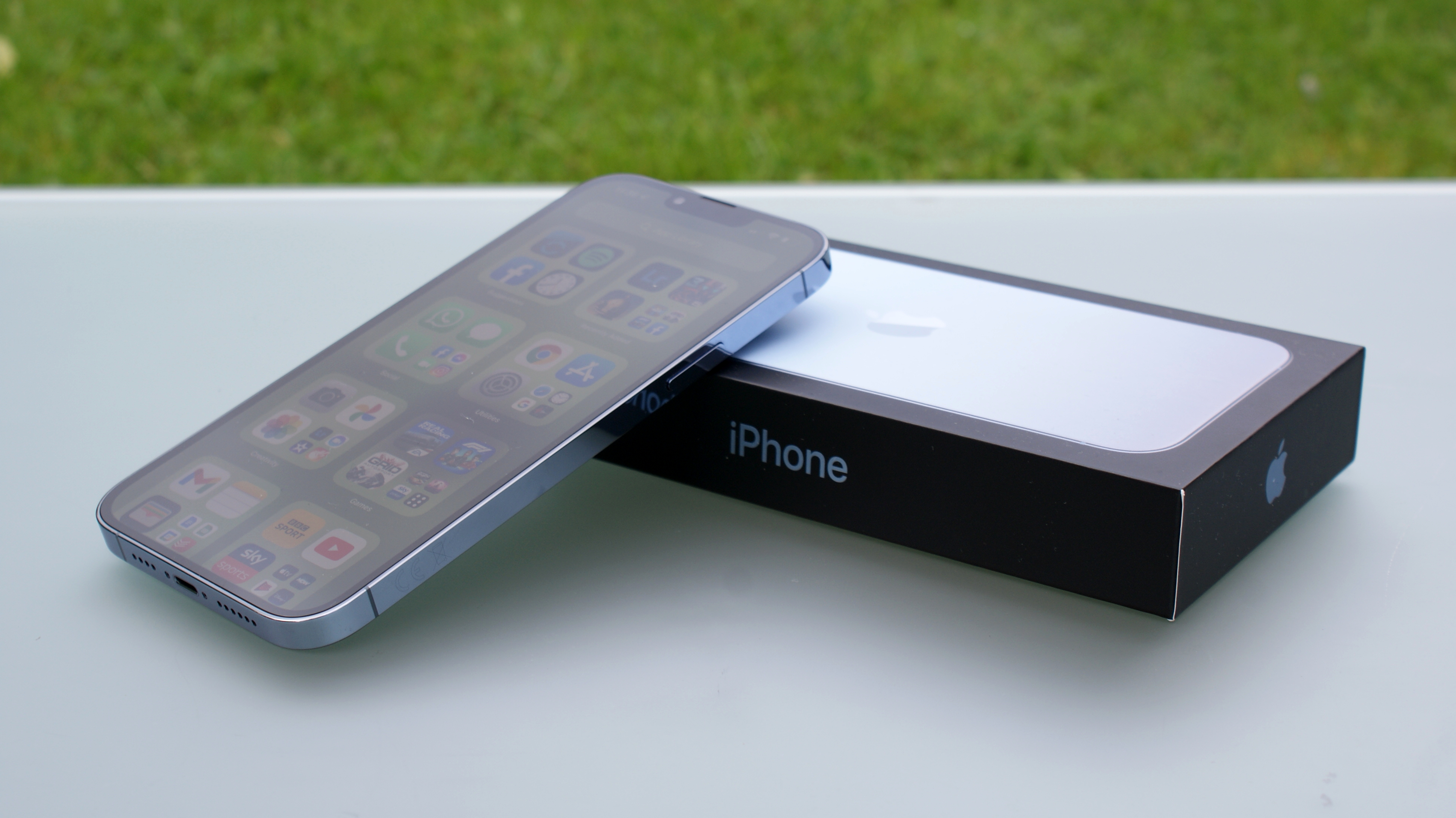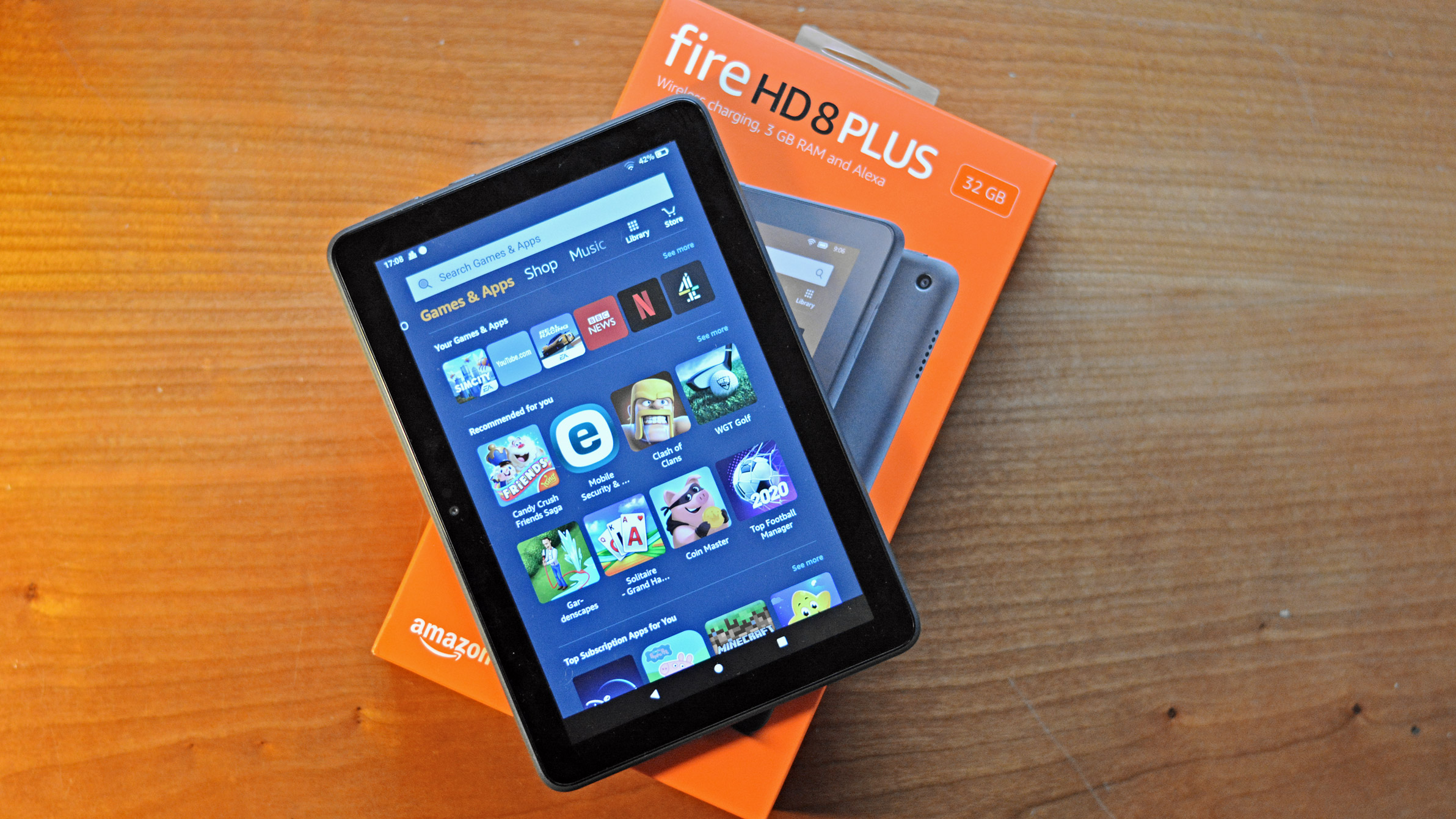Selling or trading in your old smartphone? Make sure you do these things first
We asked the experts

Sign up for breaking news, reviews, opinion, top tech deals, and more.
You are now subscribed
Your newsletter sign-up was successful
Given that expensive mobiles, like the ones on our list of the best smartphones, can set you back by quite a bit, it makes sense if you'd also want to sell or trade-in your old handset in order to save some cash.
That's a perfectly valid way of getting your new device - lots of brands offer trade-in discounts, and there are many other ways of turning your old device into cash if you want to.
But to pass on your old mobile, you can't just factory reset it, put it in the post and hope for the best (well, you can, but it probably won't work out well). There are some other things you should bear in mind too.
To understand the resale market better, we spoke to experts at refurbished gadget site BackMarket on what you need to know when trading in an old device. We also spoke to them about staying safe when buying refurbished products, if you're also looking to pick up a second-hand gadget.
How to know if your phone can be resold
BackMarket told us that for each gadget it receives, it uses a "three-test rule to determine if we can refurbish the device successfully".
The first of these is to see if the gadget works fine, or if it could be made to work by replacing just a few particular "worn" parts like the battery. Next, it assesses whether the device would be repairable or refurbishable at all, or whether it'd require so many changes that it's not worth it.
Finally, the company evaluates whether parts from the device can be salvaged and used in other refurbishes - if not, the gadget will just be recycled.
Sign up for breaking news, reviews, opinion, top tech deals, and more.

That's right - even banged-up mobiles could be worth trading in if they still have useful parts - think of it as a component transplant.
"Whatever the aesthetic and technical condition of the device, even if it can’t be repaired, it will likely have value for a refurbisher as many devices can be used for parts to refurbish other devices, essentially keeping them both in circulation," BackMarket told us.
That's why it can be great to trade it in to a known company rather than just sell it or throw it in the bin - its internals may keep another gadget going.
Why you should resell your old phone
Thanks to the aforementioned component repurposing, selling or trading in your old phone is a good idea, and it's something BackMarket mentions as being important.
"For the millions of people that simply keep [their old tech] in a drawer and forget about it, we urge them to put these devices back into circulation and give them a second life."
The reason for this is simple: "One of the biggest issues facing the refurbished market more generally, is that of supply," so there might not be too many second-hand devices ready to go at any one time.

That's a shame - refurbished phones often go for a lot less than market value, and it's also an environmentally-friendly way of picking up a new device. But given that the cost of living crisis has people thinking more about money-saving in relation to gadgets, it's possible that supply will increase soon.
Things to remember when reselling
To make your life (and the life of the assigned refurbisher) easier, there are a few things you can do before you pack up your mobile.
It's worth bearing in mind the timing of when you're selling your handset, because if loads of people are all trying to get rid of their devices, then they'll have lower values. "Try to avoid strong resale seasons," BackMarket told us "such as before Christmas or before major releases from Apple, Samsung and Huawei."
So if, say, you've got an iPhone that you want to trade in, maybe do it a good few months before the company's annual showcase in September - this means you can get the most bang for your buck.
But just because you've found a great time to sell, doesn't mean you can just drop it in the post and hope for the best. BackMarket provided us with a list of the most common things people forget when they're reselling their device, so we can help you to avoid those.

Firstly make sure you haven't left things in your phone - this includes the SIM card and a microSD card if you have one. And make sure your phone data is backed up on these too - sometimes people save their contacts to their phone and not their SIM card, which means they won't retain these numbers unless they make sure to copy the information.
If your phone is locked to a carrier or network, you need to make sure to unlock it - we'd recommend checking with your phone provider on how to do that because it depends on your cell company and where you live. Don't worry, it's legal to do so, but usually, you need to have paid off your plan first.
It should go without saying (but apparently doesn't) - make sure to remove your data from the phone and sign out of all your accounts. There's an easy way to do this, and it's the method we'd recommend - factory reset the phone.
We've got a guide on how to reset an iPhone but it's just as easy for Androids - simply search 'factory reset' in the Settings app's search menu. Just remember to back up your data before doing this - it completely wipes the device and returns it to the state it was in when you first turned it on. Accounts are logged out and saved files are gone.
When you're trading in a device, you're often asked about its condition, and BackMarket points out that if you exaggerate its status, (i.e., say it's working when there's a giant hole in it, for example), the resale might not be accepted. So our final piece of advice is to be honest about your device's condition. This will save you the legwork of having your phone returned, or the upset when you don't get as much for it as you expected.
Passing on an older smartphone can be sad if you've got memories attached to it, but using these tips, hopefully you'll at least get some money for your old device - and help the environment when you trade it in or sell it on. Maybe this will make it easier for you to find your next mobile phone deal.

Tom Bedford is a freelance contributor covering tech, entertainment and gaming. Beyond TechRadar, he has bylines on sites including GamesRadar, Digital Trends, WhattoWatch and BGR. From 2019 to 2022 he was on the TechRadar team as the staff writer and then deputy editor for the mobile team.